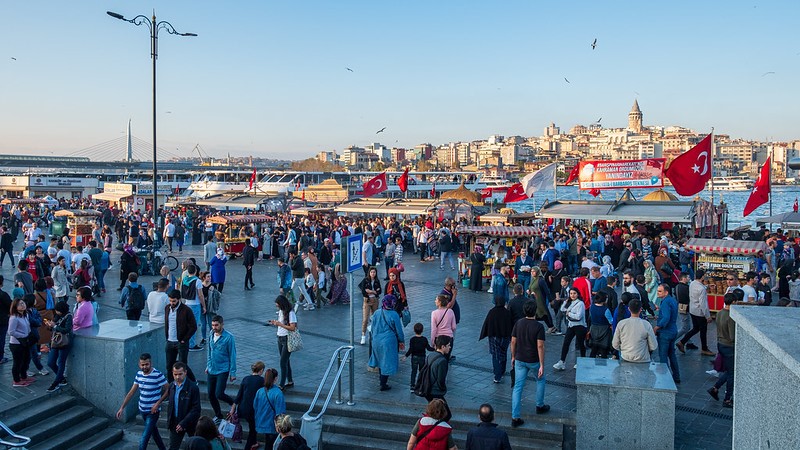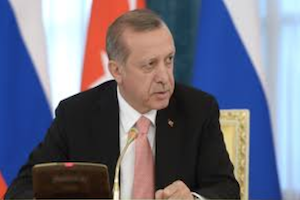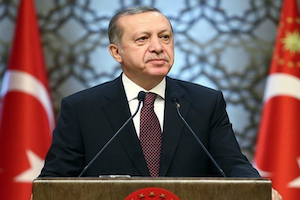Sedat Peker and the Return of Turkey’s Violent Far Right
By Ryan Gingeras
June 17, 2021
As the Turkish public grapples with the repercussions of a crippled economy and a grinding pandemic, Turkey’s twitter-sphere, as well as much of its press, remains transfixed on the revelations of Sedat Peker. The videos reinforce certain realities regarding the Turkish state’s relationship with organized crime and with the violent far right. The impact of this reputed gangster on Turkish politics speaks to the influence of the country’s far right, which fits neatly within the country’s broader historical development since the 1970s. Peker’s videos are a reminder of the obstacle to democratization that the far right networks in the state represent.

COVID-19 and the Turkish Economy: Erdoğan Faces His Toughest Challenge
By Barış Soydan
May 11, 2020
Will the Turkish economy survive the Covid-19 pandemic? If the emergency measures remain in place for more than a few months – which they likely will, given that the pandemic is expected to last for at least a year, if not longer – what looms is a cumulative loss of economic output compared to which the 2001 financial crisis that blew up Turkish economy pales. A big slump, with bankruptcies, mass unemployment and government debt running at record highs loom on the horizon. The economic consequences of covid-19 are going to present Recep Tayyip Erdoğan with the toughest challenge that he has had to face during his seventeen years in power.

Will COVID-19 Restrain Erdoğan's Syria Ambitions?
By Aykan Erdemir and Luc Sasseville
April 27, 2020
Turkish President Recep Tayyip Erdoğan’s ambitions in Syria have resulted in a two-pronged intervention, as Ankara targets the Bashar al-Assad regime in the war-torn country’s northwest and the Kurdish-led Syrian Democratic Council in the northeast. The coronavirus pandemic, along with Turkey’s economic crisis, jihadist attacks against Turkish forces in Idlib, and infighting among Turkish proxies will all pose obstacles to Erdoğan’s plans in Syria. It is, however, far from certain that these challenges will have a restraining effect on the foreign and security policy of the Turkish regime.

Will COVID-19 Midwife a Social State in Turkey?
By Halil Karaveli
April 13, 2020
The Covid-19 pandemic might prove to be a disaster that leads to radical change in Turkey by giving new credence to the idea of the social state. So far, the Turkish state has demonstrated a lack of compassion for the plight of the broad mass of the population. But if the pandemic wreaks havoc in the fabric of society, the state may well conclude that its own best interests would be better served by abandoning neoliberal class policies and turning itself into a social state.

Can Turkey Cope with COVID-19?
By Michaël Tanchum
April 13, 2020
On April 3, 2020, as Turkey passed 20,000 registered cases of Coronavirus Disease (COVID-19), President Recep Tayyip Erdoğan appeared on television to announce the implementation of a partial shutdown in Turkey, restricting movement in 31 of Turkey's 81 provinces. The new stricter measures came as the increasingly rapid spread of the virus propelled Turkey to the world's 9th highest number of COVID-19 cases and the world's 12th highest number of COVID-19 deaths. With its economy already overstretched by concurrent military interventions in Syria and Libya, Turkey is likely to find coping with the additional challenge of COVID-19 to be untenable.



